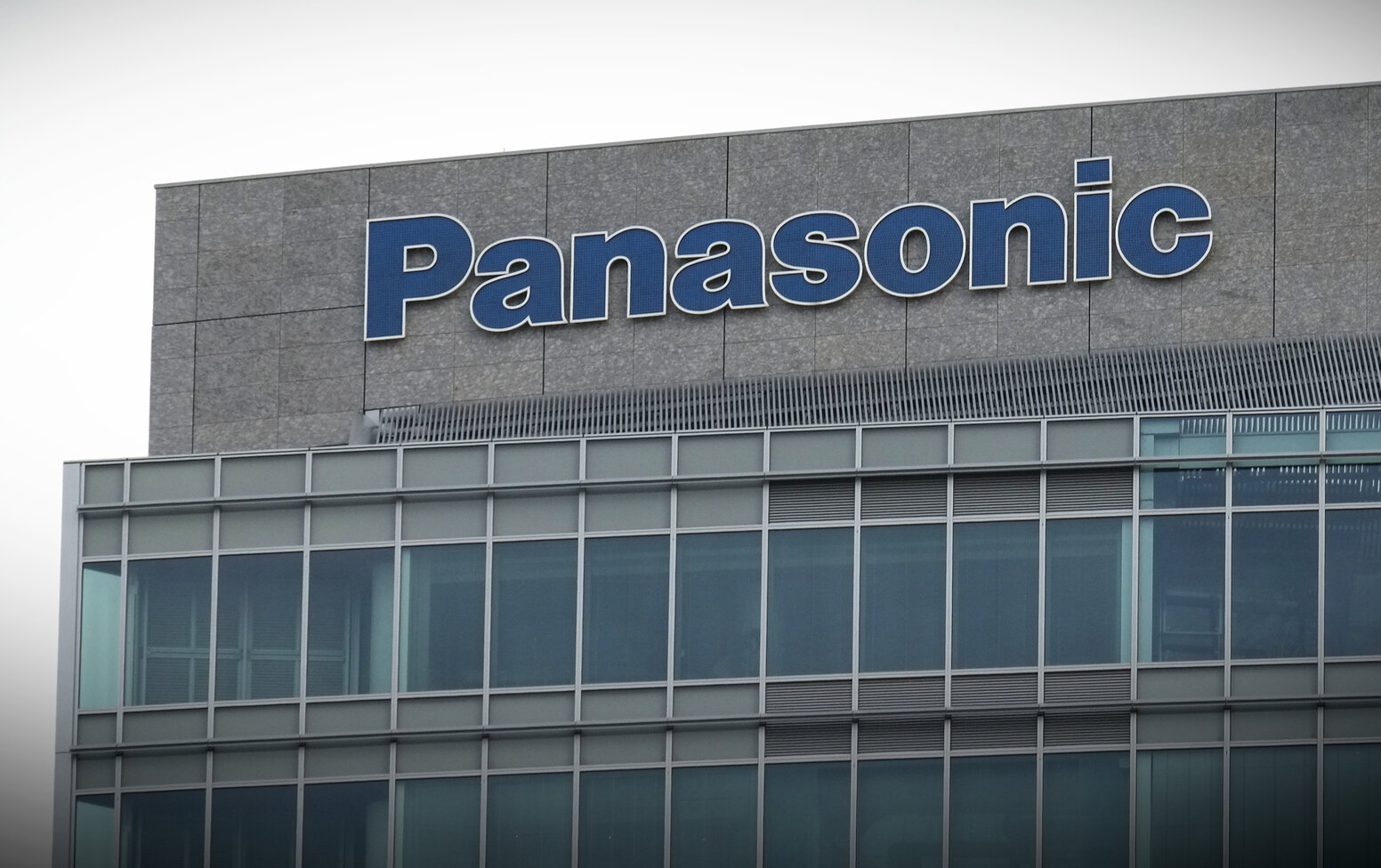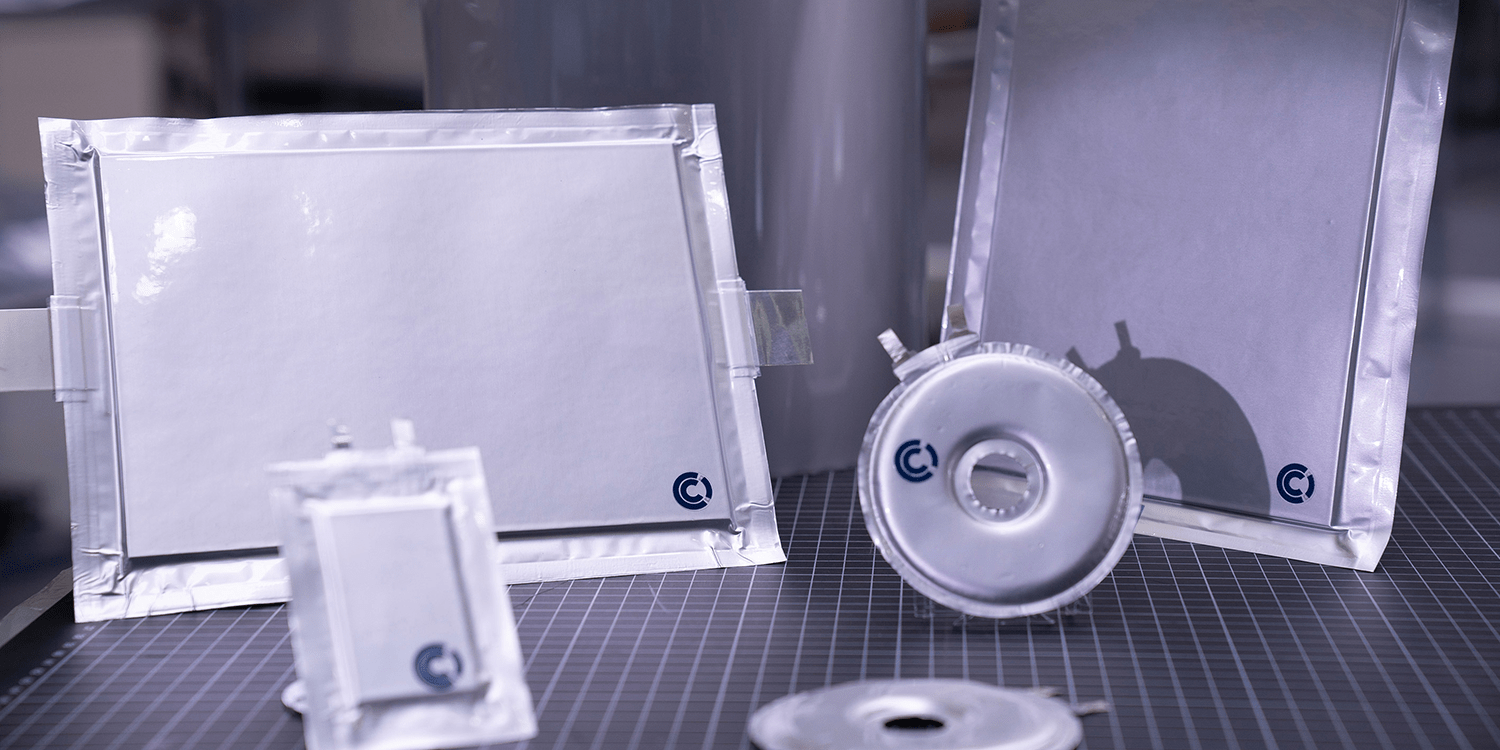The Faraday Institution has awarded a total of £29 million to six research projects in Birmingham, all of which focus on battery recycling research. This funding will enable researchers to develop new, sustainable methods for recovering critical materials from used batteries.
One of the funded projects is the Reuse and Recycling of Lithium Ion Batteries (ReLIB) project, which is working on developing a method for recovering valuable materials from electrodes using ultrasonic waves. According to the researchers involved in the project, this method is not only 100 times quicker than current separation methods, but also greener and leads to higher purity of recovered materials.
The ReLIB project involves researchers from several universities including Edinburgh, Imperial College London, Leicester, Newcastle, and University College London. The project aims to develop, improve and scale technologies in the next five years and is looking for long-term commercial partners to participate in pilot studies or collaborate on further research.
See also: Faraday Future FF 91 specifications : Everything you should know
Other funded projects include one using modelling to understand the mechanisms of degradation of lithium-ion batteries containing high Ni-content NMC and graphite, and one about battery modelling, said to “enable battery makers to improve designs and performance without creating expensive prototypes to test every new material, or new type and configuration of the cells.”
The fourth project, PyBaMM (Python Battery Mathematical Modelling), is an open-source battery simulation package written in the programming language Python. It aims to “accelerate battery modelling research by providing open-source tools for multi-institutional, interdisciplinary collaboration.”
The Faraday Institution is an independent institute for electrochemical energy storage research in the UK. According to its website, the institution works with scientists and other partners “on projects with commercial potential that will reduce battery cost, weight, and volume; improve performance and reliability, and develop whole-life strategies including recycling and reuse.” The institution has invested in research concerning battery recycling on several occasions.
See also: Faraday Future Secures $135 Million in Funding for FF 91 Production Start in March 2023
Professor Pam Thomas, the CEO of the Faraday Institution, spoke of the importance of this research, saying: “Our latest round of research funding highlights the crucial role that battery recycling plays in enabling the transition to a net-zero future. With these six projects, we are investing in innovative solutions to extend the life of batteries, increase the sustainability of the supply chain, and reduce the environmental impact of their production, use and disposal.”







